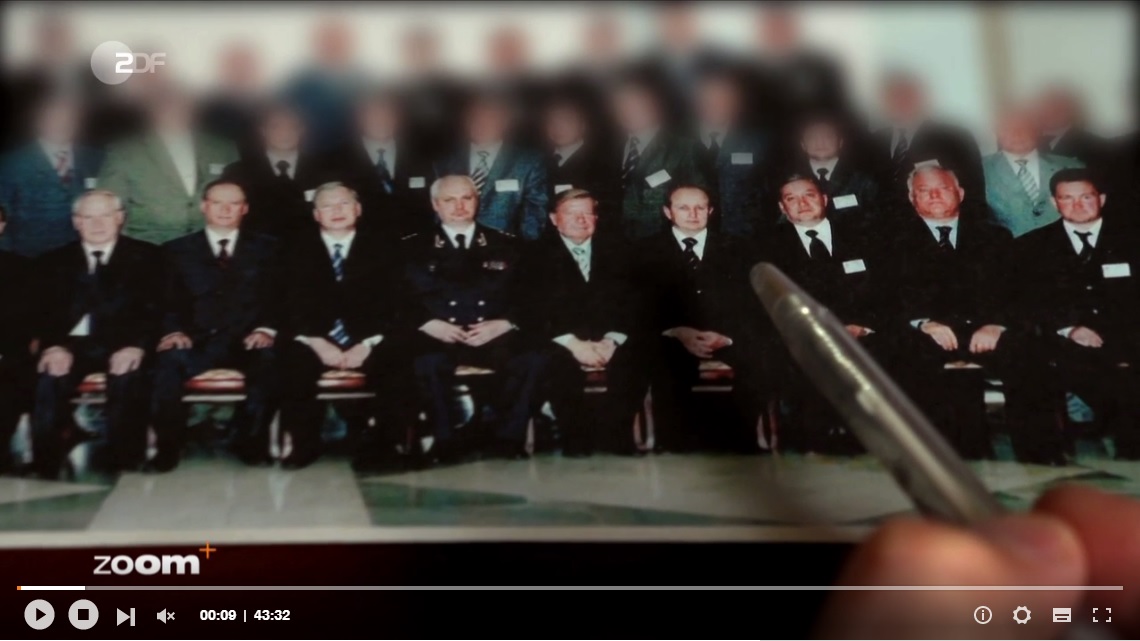George Vella, the foreign minister of Malta, says that Vladimir Putin is now seeking to exacerbate the civil war in Libya in order to provoke a new refugee flow to Europe, something that could help populist-nationalist pro-Moscow politicians in the upcoming French and German elections.
In a review of the Kremlin’s actions regarding Libya, US-based Russian journalist Kseniya Kirillova points to the long-standing Russian ties with Libyan commander Halif Haftar, whose army, Vella says, is currently advancing westward and creating a situation with “catastrophic consequences.”
If Haftar is able to unite with other opponents of the Tripoli government as a result, Vella continues, that could provoke “a civil war in Libya” and that in turn would lead “to a large number of refugees” who would beyond any doubt seek to go to EU countries. Given attitudes toward migrants there, that would have serious political consequences.
The Russian government has long had contacts with the opponents of the central government in Libya like Halif Haftar, a pattern Kirillova points out that Ukrainian sources confirm. Among them was the work of Stanislav Selivanov in August 2011 to free Ukrainian hostages in Libya but who later turns up as a pro-Moscow militant in Crimea and the Donbas.
Its archpriest Zakhariya Kerstyuk served in the Moscow Patriarchate’s church in the Ukrainian embassy in Tripoli in Qaddafi’s times. He left Libya after Qaddafi was overthrown but has continued to make visits and maintain contacts with people there.
Such people have the ability to create problems even while giving Moscow plausible deniability about its role, Kirillova continues, and that makes them especially dangerous in the murky world of the Middle East not only with Hamas, a Palestinian group Russia refuses to identify as terrorist, but also in Libya.
Given what happened after the Syrian crisis led to a refugee crisis in Europe, Putin knows a new flow would strengthen those who back Moscow and that would represent in Kirillova’s words “yet another strike at European values and international security.” Vella’s warning thus must not be ignored given that Putin has not only exploits crises but creates them as needed.
In an interview published in “Izvestiya” today, Russian Foreign Minister Sergey Lavrov discussed Libya and said that Russia’s priority was “the preservation of the sovereignty and territorial integrity of the country” with “a flourishing state, operating on strong state institutions, a capable army and law enforcement.”
To that end, the Russian diplomat argued, the various parties in Libya must cooperate, something he said would necessarily require that Tripoli give a prominent role to Moscow’s client there, Halif Haftar. Only if that happened, Lavrov suggested, would it be possible to root out surviving ISIS and Al Qaeda units there.
Behind that diplomatic language which is clearly directed at US President Donald Trump who says he wants to cooperate with Russia in the fight against Islamist terrorism is a Russian action plan that almost certainly will contribute not to the strengthening of the Libyan state or the prosecution of the war on terrorism.
Instead, as the Maltese diplomat suggests and Kirillova shows, Lavrov’s program will make Libya less stable rather than more in the short run, justify more repression there and spark a new refugee flow, exactly the same path the world has seen Moscow follow in the Syrian crisis.
And that Europeans will be affected in exactly the way Putin hopes is all too likely. Germany’s ZDF television has just broadcast a program about “Putin’s Cold War” that suggests, citing a former KGB operative, that Moscow is seeding refugee flows into the EU with “agents from Chechnya” to ensure fears and instability (summarized in Russian at rufabula.com).
Related:
- Putin happy to see refugee crisis unsolved
- Brexit, Putin, and ISIS nexus: geopolitical and security dimensions
- Moscow may have to open 'third front' to prevent Central Asian refugee influx into Russian cities, MGIMO expert says
- Russia's forced friendship
- The rapidly changing landscape in Europe


